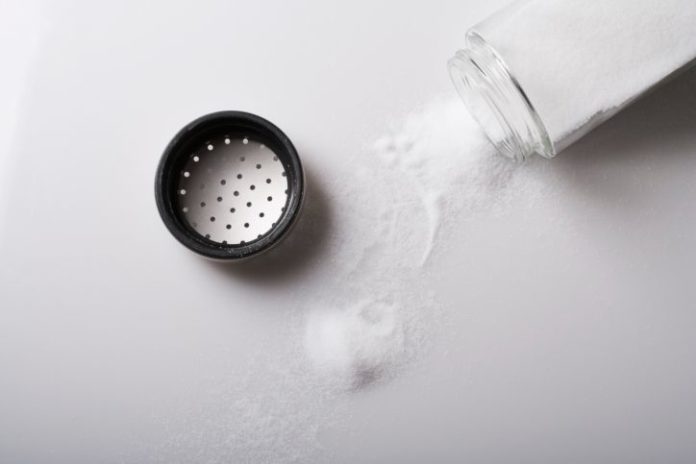A Deakin University study has found seven in ten children are eating more than the recommended upper limit of salt each day, putting their health at serious risk.
Researchers with Deakin’s Centre for Physical Activity and Nutrition Research have just released the preliminary results of their study into the salt intakes of government school children. The results for 320 children aged 4—12 years show that, on average, they are consuming four times more salt than they actually need.
Deakin nutrition professor, Caryl Nowson, said these results are a wakeup call for all of us, with salt proving to be a hidden threat to children’s health.
“I am certain that most people, and particularly parents, would be surprised to hear that children are eating so much salt,” Professor Nowson said.
“The problem is that most of the salt children consume is hidden in processed food, such as bread, cheese and breakfast cereals, and it’s often difficult for parents to find healthier alternatives.
“With children eating around six grams of salt a day, which is four times more than recommended, they are at risk of serious long-term health problems, such as developing high blood pressure later in life, which is a major cause of stroke and heart disease. High salt levels are also a factor in the escalating rates of childhood obesity.”
These latest results backup findings from the researcher’s previous study into the salt intake of children at independent schools.
“The results from the independent primary schools indicated that almost 70 per cent of the children were eating higher than the recommended amounts of salt,” Professor Nowson said.
“I was surprised to see little difference between the salt intakes of the independent school compared with government schools. Previous studies show that children from lower socioeconomic backgrounds consume more processed foods that are high in salt, so we expected to see lower salt intakes for independent school children because they generally come from higher socioeconomic backgrounds, this was not the case.”
The researchers need more government school children to take part in the study.
“We would like to hear from government schools in Melbourne, or parents, who would be interested in participating in the study,” Professor Nowson said.
“Results from the study will provide essential evidence needed to inform government and food industry policy for the benefit of Australian children’s long term health.”
Source: Deakin University










